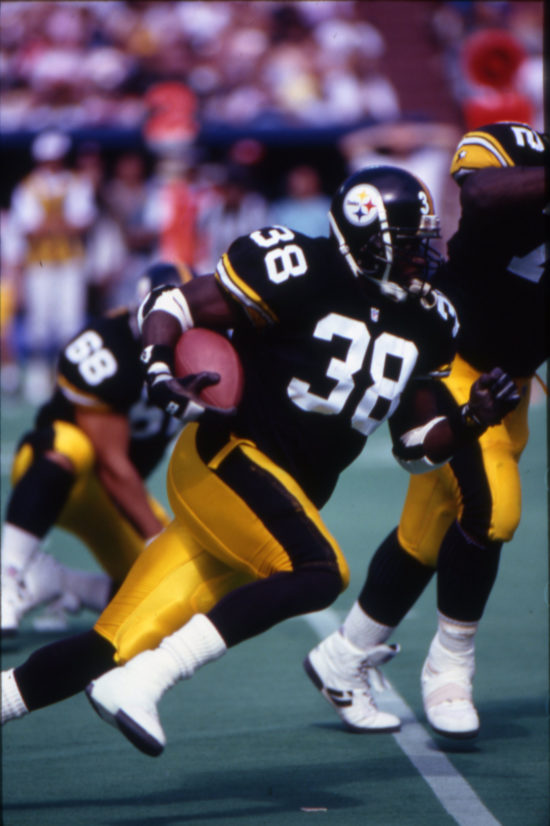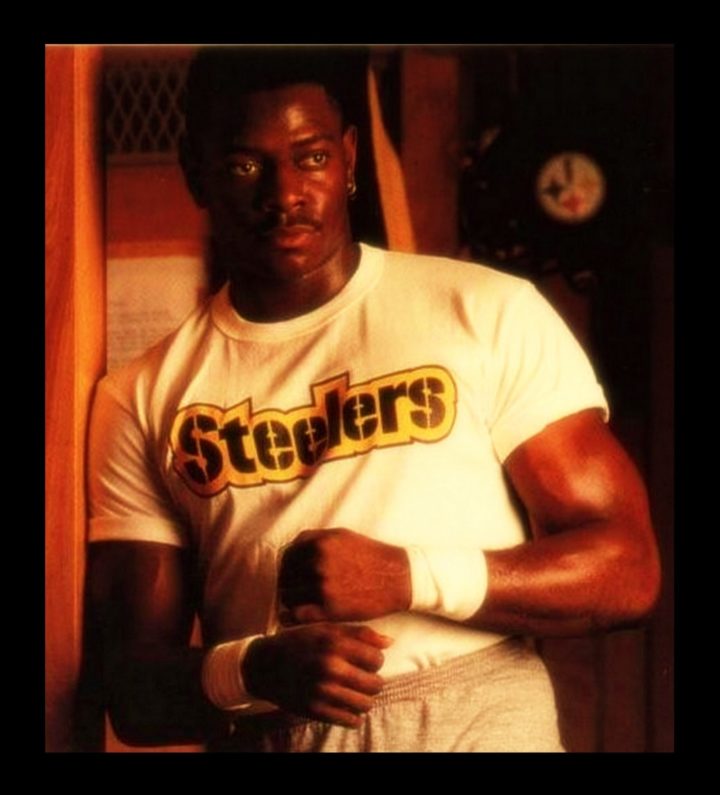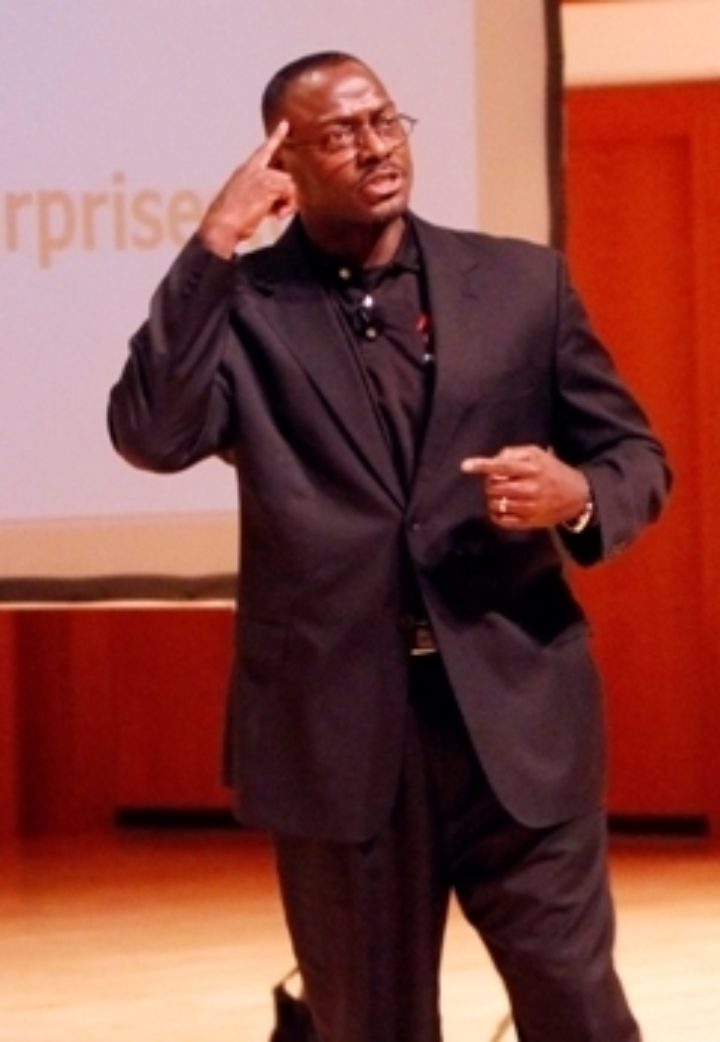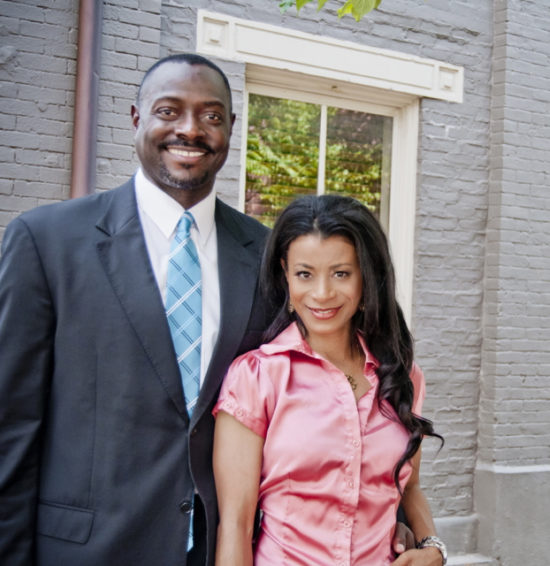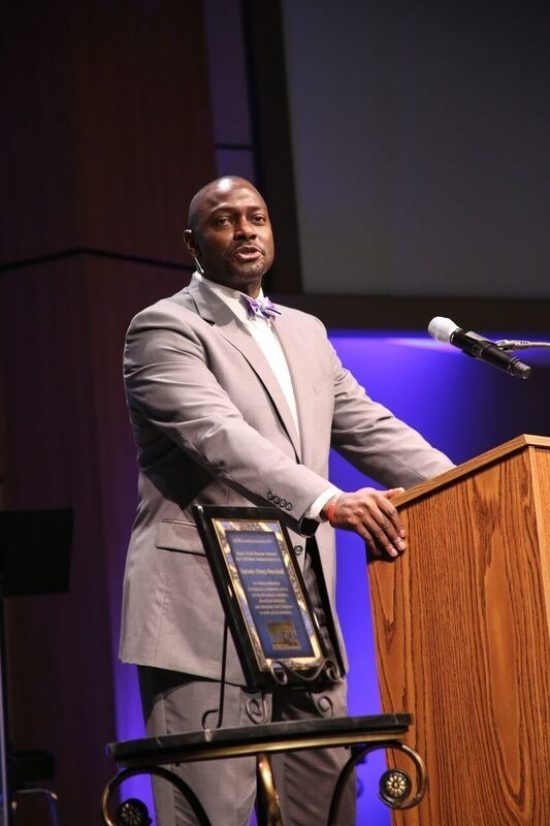One of the pressures was being drafted at the 7th pick in the first round to the Pittsburgh Steelers. At that time contract negotiations were pretty tight, and you didn’t get in right away. Sometimes guys didn’t even play the same season they were drafted. I missed all of training camp and finally signed a multimillion dollar contract, where I was the first Steeler rookie in the history of the organization to get a million dollar signing bonus.
With that, the pressure and fear hit me. Because I knew that these guys were expecting a lot of me, an immediate return on investment. So that pressure automatically hits, and it’s another level. In the first game of the season I fumbled the ball three times, so things didn’t start off very well. But by the fourth or fifth game of the season things turned around for me. But that pressure of carrying the team and people expecting a lot out of you, it really weighed me down.
I ended up having a great rookie year, but after leading the team in rushing (the first rookie to do that since Franco Harris), I got complacent. I felt like I took my foot off the gas, and stopped doing the things that got me to the NFL. And I’m not just talking about playing ball, that came easy. I mean off the field.
The city was expecting a lot out of me, to be a spokesperson, to do certain things in the community, but I didn’t want any of that. So I put myself in a position where I didn’t want them to expect too much from me off the field. Because I was afraid of that side of it, and just wanted them to let me play ball. Then the partying lifestyle stepped in. I coped with my fears by partying, drinking, using drugs. And then here I am in my third year in the league, and now I’m getting in trouble. Failing drug tests, getting DUIs.
